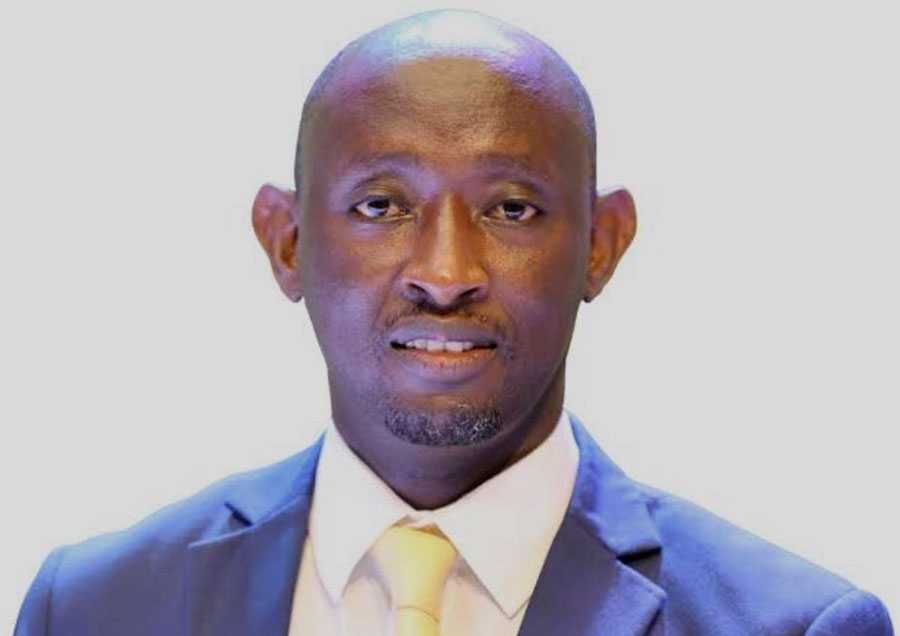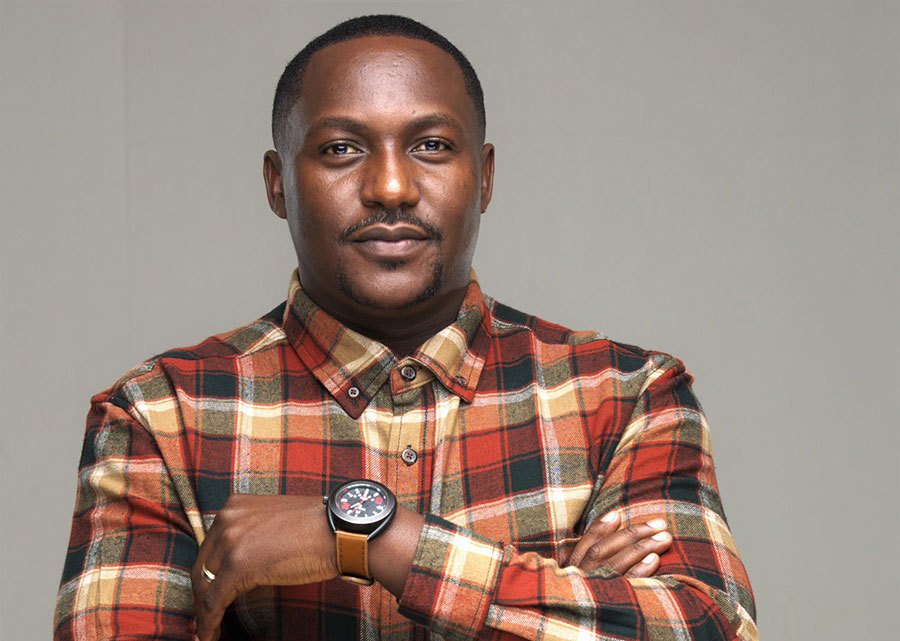From medals to missed millions: Why Ugandan athletes struggle with endorsements
Media personality and Creative Director at Garage Group Limited, Brian Mulondo believes Ugandan athletes underestimate the value of image.
Denis Onyango (Uganda): CAF Player of the Year nominee, 8 PSL titles, but limited endorsements despite record-breaking career.
When Joshua Cheptegei signed with Nike in 2019, it was proof that Ugandan talent belongs on the global stage. His world record in the 5,000m, three world titles over 10,000m, and Olympic gold put him among athletics’ elites.
Jacob Kiplimo added the half marathon world record. Yet despite these feats, the endorsement value around Uganda’s biggest stars remains far below potential.
Across the border, Kenya’s Ferdinand Omanyala, Africa’s fastest man, has attracted Adidas, Toyota, Tecar, and Red Bull.
His social media storytelling has made him one of Africa’s most marketable athletes.
Globally, Cristiano Ronaldo earns over sh12 billion per Instagram post, while LeBron James turned his Nike contract into a billion-dollar lifetime deal.
In Uganda, the She Cranes shine at the Netball World Cup, Peruth Chemutai became Uganda’s first female Olympic champion in 2021, and Allan Okello is still the “Star Boy” of the UPL.
Denis Onyango even made the CAF Player of the Year shortlist alongside Salah and Mané during his peak at Mamelodi Sundowns. But compared to their peers, their commercial branding remains underdeveloped.
David Birungi, Public Relations Manager at Airtel Uganda, says the corporate lens is different from the public’s.

David Birungi
“When we put money into sport, it is not about one headline or one player. It is about longevity,”.
“Governance, sustainability, and the ability to touch communities is what keeps a corporate brand investing. That is why Airtel focuses on institutions like FUFA, schools’ tournaments, Rising Stars. The impact is bigger and longer-lasting,” Birungi explains.
Airtel has walked this talk. In 2013, it signed a four-year sponsorship deal with FUFA worth over sh1 billion annually, covering the Cranes, Uganda Cup, Big League, and the Airtel Rising Stars U17 tournament.
In 2017, it renewed the deal at sh10 billion for four years, while continuing to bankroll grassroots competitions such as the Masaza Cup and Bika tournaments.
The Airtel Rising Stars program alone received sh1.2 billion for the 2018 edition.
But Birungi stresses that corporates do not reject athletes outright.
“If athletes present themselves with professionalism and consistency, corporates will notice. Right now, the institution gives us confidence, not the individual,”.
“For athletes, talent management is key, sponsors do not have time to train them on branding,” he further mentioned.
Packaging is the missing link
Media personality and Creative Director at Garage Group Limited, Brian Mulondo believes Ugandan athletes underestimate the value of image.

Brian Mulondo
“A brand is an identity, not just a logo. When you look at Ronaldo’s Instagram, it is storytelling. LeBron’s posts, even his sneakers, are storytelling. Here, our athletes mostly use social media like personal diaries. That limits their value,”.
Mulondo argues that athletes must prepare long before the sponsorship call comes.
“Do not wait for MTN or Airtel to call you. Present yourself so well they cannot ignore you. Athletes should budget for professional photography, a media manager, a consistent visual identity. If you leave it to chance, you lose money,” Mulondo told Vision Sports.
For him, the gap is not performance but perception. Ugandan stars like Cheptegei and Kiplimo are winning medals that inspire the nation but their narrative and packaging are not strong enough to attract big brands.
Branding equals sustainability
At the Uganda Olympic Committee (UOC), there is a growing recognition that athletes need more than medals.
Collins Ssemanda, Head of the UOC Marketing Commission, explains,
“Our federations have been conditioned to focus on medals. That is good, but medals alone do not guarantee a career,”
“Branding is part of an athlete’s sustainability. If we train them in media handling, content creation, and image management, they will not only perform, they will thrive,” he noted.
Ssemanda says the UOC already has this in its work plan.
“The Athlete Commission has started on the Athlete Career Programmes with the support of Olympic Solidarity. If we guide athletes on brand building, corporates will find it easier to sign them. Right now, the story ends at the medal podium. That is where we lose value.”
He insists that personal branding must become part of the system:
“Performance gives you the medal. Branding gives you the life after the medal. Both must go together,” Ssemanda advised.
The Missed Millions
• Cristiano Ronaldo (Portugal): Lifetime Nike deal worth over $1 billion, plus $60m off-field income in 2024 alone from Binance, Herbalife, and TAG Heuer.
• Ferdinand Omanyala (Kenya): African 100m record holder with endorsement deals from Adidas, Toyota, Red Bull, and Tecar.
• LeBron James (USA): Nike deal at 18, now a billion-dollar contract tied to his cultural influence.
• Denis Onyango (Uganda): CAF Player of the Year nominee, 8 PSL titles, but limited endorsements despite record-breaking career.
• Peruth Chemutai (Uganda): Olympic champion, yet few visible sponsorships since 2021.
• Joshua Cheptegei & Jacob Kiplimo (Uganda): Global medals and records, but commercial deals remain limited to sportswear.
The way forward
Uganda has the talent. The medals are proof. What is missing is storytelling, packaging, and management. Corporates like Airtel say they are ready, but only if athletes present themselves professionally.
Media voices like Mulondo argue that perception must be built deliberately.
And UOC insists branding is no longer optional, it is survival.